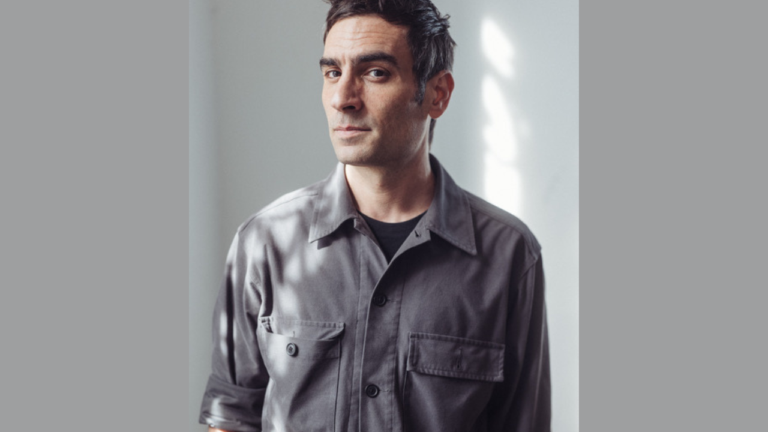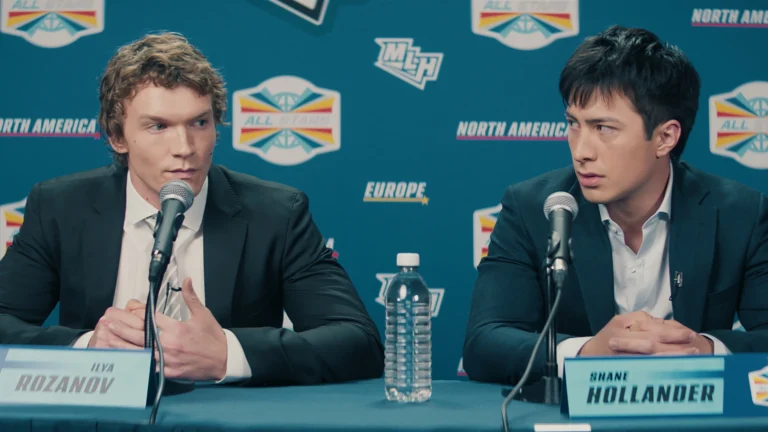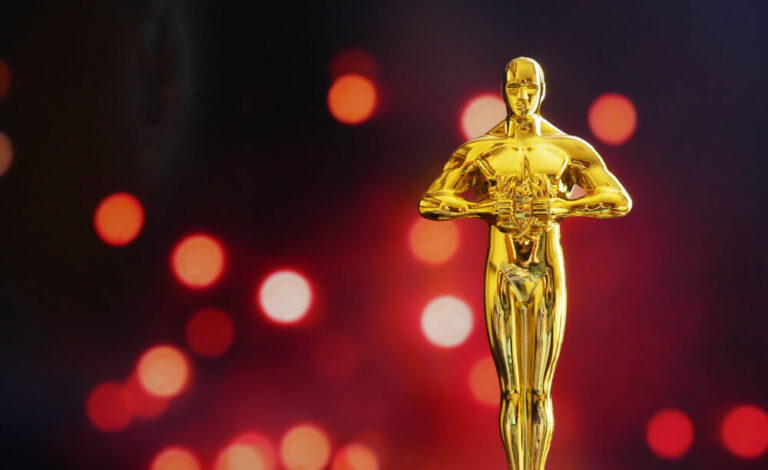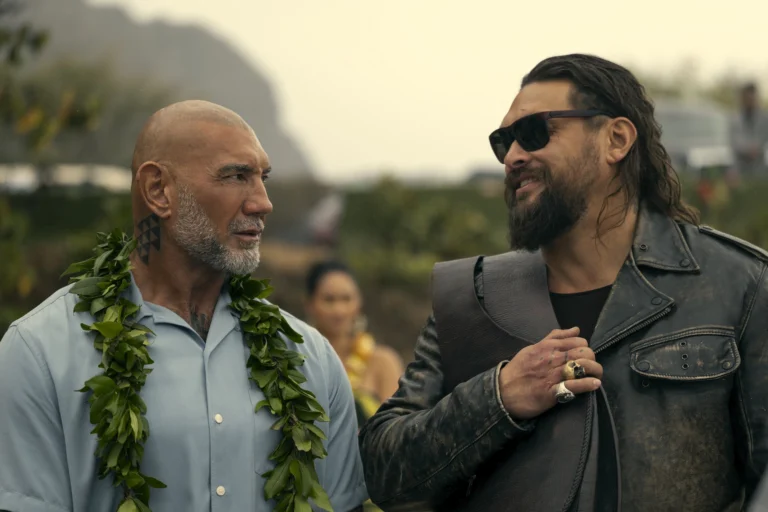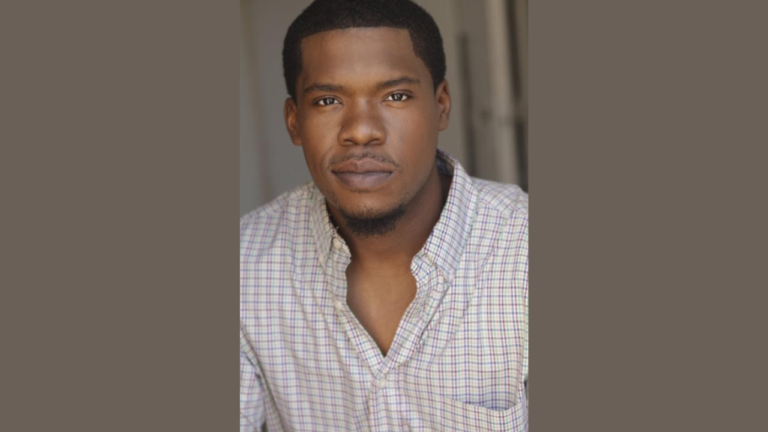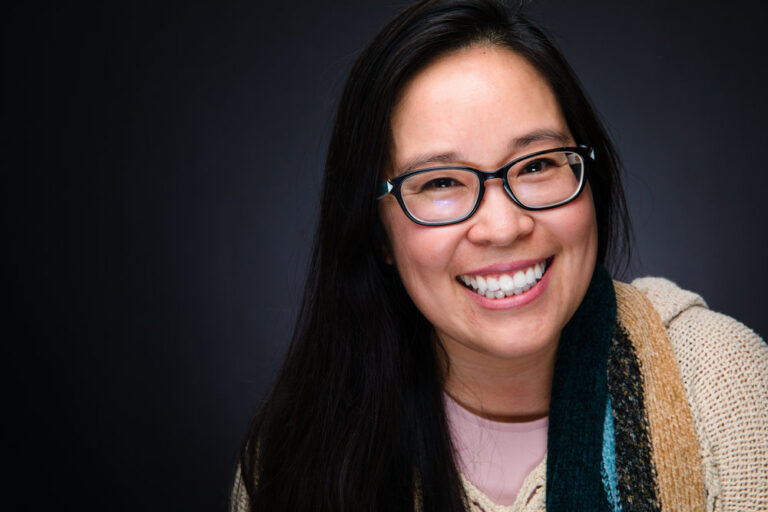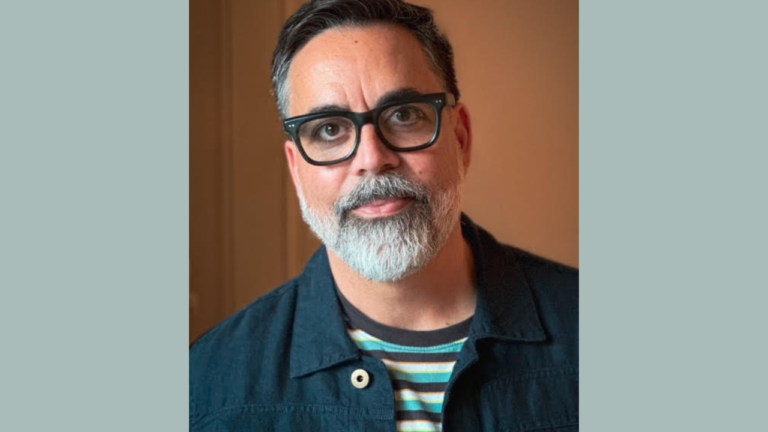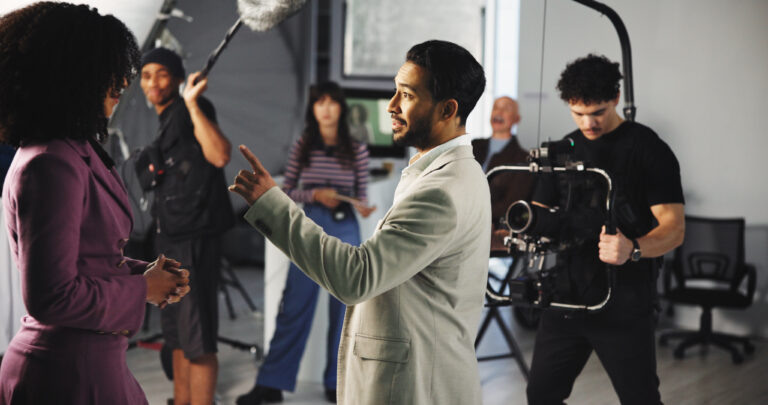You can tell a lot about someone by the way others in their field view them. Take Sig De Miguel and Stephen Vincent, of S2 Casting. One of their proteges, CSA (Casting Society) co-vice president of advocacy Danielle Pretsfelder Demchick, raves about what incredible guys they are; and legendary casting director Bonnie Timmermann, who was Vincent’s mentor, continues to work with them regularly. That should tell you everything.
The duo has been casting film and TV projects for years, bouncing back and forth between studio and independent films. Their most recent was the biopic Queen of the Ring, starring Emily Bett Rickards as legendary female wrestler Mildred Burke. It’s now available on VOD. They spoke to us from their respective home offices in New York City.
Insights: Lessons From Sig De Miguel and Stephen Vincent
- In auditions, make strong, personal choices that make the character your own — casting directors value authenticity and individuality over trying to “get the job.”
- Aim to “book the room,” not just the role — do work you’re proud of, knowing it can lead to future opportunities even if you don’t land that part.
- Don’t view big studio and indie films differently — approach every role and audition with equal commitment and openness, as both are valuable for your growth and exposure.
How did you guys start in the industry?
Sig De Miguel: My first job began as an internship in the summer of 1996, during the height of the Rent phenomenon. I worked for a wonderful woman named Stephanie Corsalini.
I was recommended by an assistant at an agency (that doesn’t exist anymore), and I worked on an independent film and two television series: one a one-hour procedural and the other one a half-hour sitcom. I had an amazing introduction to the acting pool of New York through those three projects over that summer, and I continued from there.
Stephen Vincent: I’d been living in Los Angeles and working in production on films as a production assistant in whatever department that would have me. I was a script reader for Roland Joffé and Steve Tisch’s company.
I started working in production on Armageddon and knew that a casting job was opening up. I fought for an interview. I was about to get one and got in a car accident on the way there that day.
I ended up working in production on Armageddon, and the person who had gotten the job I was interviewing for ended up leaving and going [to] work on The Larry Sanders Show’s last season. I went down and brought some coffee to the casting director, Bonnie Timmermann, and had a quick interview. She said, “You can come work for me and try it out for a day.” I worked with her for about nine years after that. So I kind of fell into it.
It seems like a lot of casting directors fall into it.
SDM: I’ll be honest, I did not set out to be a casting director. I just knew that I was going to work in film. Film was always my passion, but I did not know that it was going to be casting.
Even Steve and I meeting was a Sliding Doors situation because I was casting a short film that was being directed by the New York casting associate for The Insider, directed by Michael Mann. Steve wanted to hire an assistant while in New York, and the person who was directing the short recommended me to Steve. That’s how we met.
Part of the thing is, there isn’t a traditional route to casting. There is no major and there is no degree. You can study entertainment law, you can study film, you can study acting, you can study directing, you can study writing. There isn’t an educational pipeline through academia into this job.
Thinking about joining Casting Networks? Sign up for a free trial today!
Do you think that’s part of why casting gets such short shrift?
SV: We’re forgotten about once the movie goes into production. No one wants to come out of pocket and pay us first, even though it means the movie is moving ahead. Both Sig and I produce films too, and we’ll see where it goes. Casting is forgotten once you’re in the throes of production. It’s unfortunate.
How did you start working together?
SDM: It was fated.
SV: After we finished the Michael Mann movie, I came to New York. I’d wanted to live in New York since I was in middle school. I ended up doing an apartment swap with someone there, and then just stayed.
At that time — the late ’90s — the industry was a lot smaller, and everyone knew each other. I would see Sig around, and I already liked him. I saw him again at a friend’s play in 2002 and he said, “Hey, I think we should start working together.”
I was working with Bonnie on a movie she was producing, and the movie kept going and going, as they do, and never got its legs under it. A script was sent to me that I liked, and I sent it to Sig, who read it and said, “This is the one I think we should start working on together.”
SDM: It was a great script. It was Breaking Bad before Breaking Bad. Unfortunately, it did not get made, but it jump-started our partnership.
My boss and mentor was the great Amanda Mackey, who I love very much, who passed away in 2022 and was probably the most important person in my career. She was amazing, and Steve also had a very close, long working relationship with Bonnie.
We ended up working with Amanda again on Clifford the Big Red Dog and About My Father. Now we’re partnered up with Bonnie on several projects. There’s been this really beautiful, full circle, coming home kind of situation with our partnership and our ex-bosses and mentors who we love very much.
Another thing that comes up a lot is the prevalence of mentors in casting, and now you’re working side by side with one of them.
SV: Absolutely, and it’s great. Bonnie was a great guide and took a lot of time with us, but she also asked an equal amount of questions, wanting to know what we thought. It’s a great coming home, so to speak. She’s been very gracious and lovely.
SDM: It’s been really rewarding. There are projects that we do on our own, and there are projects that we do with them. We did a couple with Amanda, then a few we’re doing with Bonnie.
SV: There’s a lot of trust there and mutual respect. She’s invited us to be a part of it, which I appreciate, and I think that’s the most important thing to me.
When you’re younger, you’re just happy to work. I didn’t know what I wanted to do. I moved to LA and I thought people were giving away cameras, you know? Robert Rodriguez had just made his first film, and it seemed like there was this hive of activity in people.
To a certain extent, it was hard to get my first job. I went in a lot of directions, and when I met Bonnie, she had all these scripts she wanted me to read, and then asked me what I thought of them, and I was like, “Oh, this is the right place to be.”
Let’s talk about Queen of the Ring. What brought you to the project?
SDM: Well, I come from Pennsylvania, which is the number-one wrestling state in the nation. I grew up with the pro-wrestling world and knew who Mildred Burke was. I didn’t know her in-depth, but I knew the history.
The film made me delve much deeper into it, and how she was groundbreaking in a lot of ways — breaking glass ceilings and being the highest-paid female athlete at the time. And we knew enough, you know, that it was. It was a great project.
Is it more interesting to do indie films than bigger studio movies?
SDM: We love all of it. For me, the independent film world just had a very strong appeal.
What attracted me passionately were these stories that were not traditionally told by studios. Not to say that I didn’t love the studio world, because growing up, my favorite movies were E.T. and Amadeus and Terms of Endearment. Independent filmmaking was very exciting, mainly because of the uniqueness of the stories.
SV: I feel the same way. I saw, within six months, Do the Right Thing and Sex, Lies, and Videotape, and I was hooked.
What drew me in was the peripheral characters. It’s something I wasn’t always focused on or allowed to see by my military upbringing, and it was just looking over in this direction at that person, as opposed to the mainstream, you know what I mean?
I found it interesting, and I was always curious about those people and working on the films that featured them. There you get to have scripts about people I know, and it keeps my curiosity alive.
SDM: There are fewer approval channels on an independent [film] than on a big studio or network project, but you have supporting roles and day players on studio films and independent ones.
For some people, it’s easier to break into a studio film than an independent film. The only main difference is when you’re doing a big studio or network project, the studio or the network has the final say. Unless it’s like a really big final cut director, like say, Steven Spielberg.
In an independent film, it’s more the director or the producer. As I said, there are fewer approval channels, but they’re both options.
I tell actors not to think of it that way. Auditioning for a big studio movie is not more complicated or intimidating than for an independent film. They should be viewed equally. It’s all about the role and the work, and they should work on all of the above.
With that in mind, what piece of advice would you each give to an actor coming in to audition for you?
SV: I always answer the question as a process of what not to do. I think the most important thing is that you’re not there for that particular job, although you have to keep it focused on the work at hand.
Your job is not to get that job. It is to to stay true to the character, and give an entertaining performance. You are there to give your unique perspective on that character and their feelings about their situation, and make them so vivid and important to you that I can’t help but follow them, and follow that character and be intrigued by them. If that happens, you’ve done your job, and that’s enough.
Making your decisions and choices important for you is the most important thing for me, because we see a lot of auditions, and there are numerous choices that we can watch. What sticks out, what I find wins overall, are the ones that make their characters their own.
SDM: I always tell actors, “It’s all about great work, no matter what.” Forget everything else. It’s all about your truth and coming into a room and approaching that state of being and playing your truth.
To add to what Steve said, I have a friend who put it beautifully when he said he always tries to “book the room.” Only one person is going to get the job, but he knows that if he does a great job in the room, the casting directors will bring him back, so he goes in to “book the room.”
When I teach, I try to push a very positive psychological approach to the audition process, in the sense that actors love to act, so the audition room is their stage. It’s their moment to do what they love. It’s their moment to shine and to really enjoy the process, giving it their all, then walking out the door and feeling really good about it, and then on to the next.
That’s the greatest mantra for an actor: “On to the next.” If you get the callback, great. You get the job, even better. But you have to feel good about the work for yourself, and then go on to the next audition.
You may also like:

